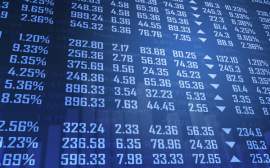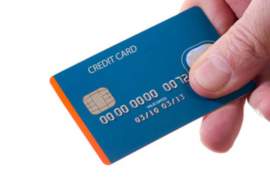
Facts You Must Know About Futures Brokers

Related Forms
Schedule B - Personal Property
Schedule C - Property Claimed as Exempt
Schedule D - Creditors Holding Secured Claims
Schedule E - Creditors Holding Unsecured Priority Claims
Schedule F - Creditors Holding Unsecured Nonpriority Claims
Schedule G - Executory Contracts and Unexpired Leases
Schedule I - Current Income of Individual Debtor(s)
Schedule J- Current Expenditures of Individual Debtor(s)
Summary of Schedules (Includes Statistical Summary of Certain Liabilities)
View AllSome people feel they can get around working with futures brokers, especially if they have some familiarity with how futures trading works. That said, trading on futures exchanges is risky, as increases/decreases in values of commodities are seemingly unpredictable given the multitude of influencing factors. Furthermore, futures contracts imply swings up and down of thousands of dollars at a time.
Theoretically, then, working with a futures broker should inherently make things less worrisome for his or her client, as he or she will be able to be make educated guesses on the directionality of commodity prices based on past performance and presumed supply/demands of named goods.
Futures brokers invest money on the behalves of their clients, informed by the current state of the futures market and suppositions about its future. A futures broker will usually submit a given amount of money from the account he or she is representing, based on the wishes of the client counterbalanced with the price of the commodity set by the exchange to which the broker is attending.
Like with any other futures trade, those initiated by the broker will have the intention of selling the contract for more than was originally spent in securing it in the future. In the event a gain is attained, though, futures brokers will universally earn a commission on the proceeds of their sale, meaning they get a portion of that revenue.
If you are seeking out a futures broker, you would be wise to do your research before soliciting help from the first convenient broker you come across. As always, it is worth the effort (and the money) to find a reputable, experienced service provider rather than a firm or representative of that firm who is little more than flashy advertising.
In addition, you might desire to know to what extent futures brokers trade commodities for their own sake. Depending on your view, this could either be a good or bad thing, though.
If the futures broker trades for himself/herself with his/her own cash, this may be a sign that he/she is a firm believer in the practice. Then again, it may simply mean that he or she is a risk-taker, to the extent that he or she is reckless with investments.
NEXT: Learn the Effects of Personal Bankruptcy on Employment





















